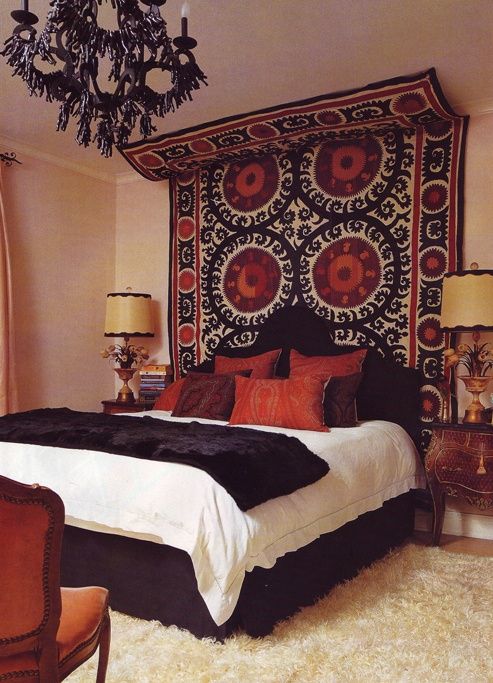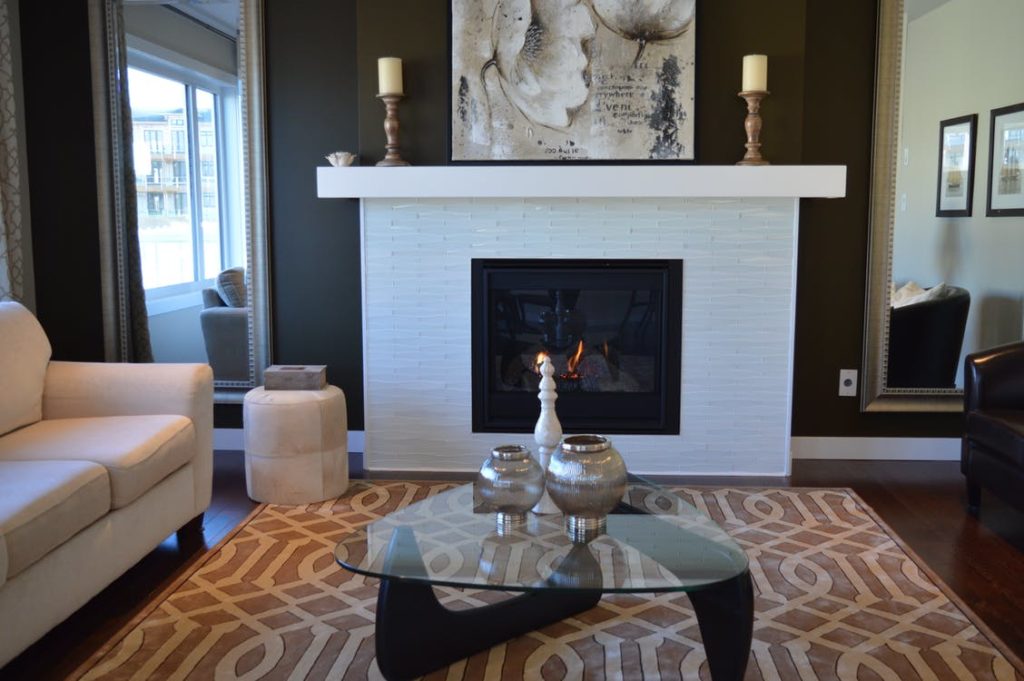Disclosure: This post may contain affiliate links, meaning we get a commission if you decide to make a purchase through our links, at no cost to you. Please read our disclosure for more info.
Do residential elevators increase a home’s value? In this post, we’ll analyze the costs and benefits of installing an elevator, considering increased accessibility, luxury status, buyer preferences, competitive edge, and future-proofing.
Looking at location, elevator type, and technology, we’ll see if this major investment can boost long-term value and appeal. Let’s get started!
In This Post:
Cost-Benefit Analysis and Long-Term Value
Understanding Costs
a. Initial Investment
When you decide to put an elevator in your home, you’ll need to spend money upfront. This includes buying the elevator and paying for someone to install it.
The cost can change a lot based on what kind of elevator you pick and how your house is built. Sometimes, adding special features can make it more expensive, so it’s good to plan ahead.
b. Ongoing Expenses
After the elevator is in, you’ll need to spend some money to keep it working well. This means paying for regular elevator maintenance services like checks and fixing any problems that come up.
Doing this helps make sure the elevator keeps working for a long time, which is part of the investment you’re making in your home. Keeping the elevator in good shape also stops big problems that could be expensive to fix later.
Boosting Home Value
Putting an elevator in your house can really increase how much your house is worth, especially in places where people really like luxury and easy living.
This means when it’s time to sell, your house might be worth more because of the elevator. It’s a feature that lots of buyers are starting to look for, showing that your house is modern and thoughtfully designed.
Real-World Impact
Example of Added Value: Let’s say there’s a fancy townhouse in a big city that added an elevator. Because space is really valuable in cities, having an elevator made the house stand out and increased its value by 10%.
This shows that putting in an elevator can be a smart move, making your house more attractive and valuable, especially in crowded places where being able to move easily around your home is a big plus.
By breaking down the costs, benefits, and real-world impacts of installing a residential elevator, we can see it’s not just about the immediate expense but also about making your home more comfortable, accessible, and valuable in the long run.
Impact on Home Value and Buyer Interest
Enhancing Accessibility for Comfortable Living
Residential elevators make homes easier to live in, especially for older adults or those planning to stay in their homes as they age. They provide a simple way to move between floors, removing the need for stairs.
This isn’t just about making life easier today; it’s about ensuring that as people’s needs change, their homes can change with them. Adding an elevator means anyone can access all parts of the house easily, making the home more comfortable and practical for everyone.
Elevators as a Symbol of Luxury
Having an elevator is a sign of luxury. It makes a home stand out and attracts buyers looking for something special.
An elevator in a home shows that extra care and investment have been put into the property, offering both convenience and a touch of elegance. It’s a feature that can make a home more desirable and unique in a crowded market.
Catering to Specific Buyer Groups
Some people are more likely to want a home with an elevator. This includes those who can afford extra luxury, families with members of different ages living together, and people thinking about their future needs.
For them, an elevator isn’t just nice to have; it’s essential. It meets a growing demand for homes that can support different ways of living, making it an important feature for homes that want to be ready for the future.
Giving Homes a Competitive Advantage
Homes with elevators have an edge when it comes to selling. They grab more attention, can sell for higher prices, and often sell faster than homes without them. This is especially true in places where people value luxury and ease of living.
An elevator can be the deciding factor for buyers choosing between several options, making it a smart choice for homeowners who want to make their property more appealing and marketable.
By focusing on these points, it’s clear that residential elevators are more than just a luxury. They’re a smart addition that can significantly raise a home’s value and attract a wide range of buyers, from those seeking a luxurious touch to those needing a home that meets their accessibility needs.
Factors Influencing the Added Value
The Role of Location and Market Dynamics
How much a residential elevator increases your home’s value can really depend on where your home is. In cities and nicer neighborhoods, adding an elevator can really boost your home’s price. This is because, in these areas, people really value the convenience and accessibility that elevators bring.
For example, in a busy city where every inch of space matters, having an elevator can make your home stand out. It shows that your home has something special that makes living there easier and more enjoyable.
Choosing the Right Elevator: Types and Home Fit
Not every elevator is the same. Some are better for big homes and get used a lot, like hydraulic elevators, which are really smooth and last a long time. Others, like pneumatic elevators, are good for smaller homes because they don’t take up much space and have a cool look. The kind of elevator you choose should match your home’s style and size.
If the elevator fits well with how your home is designed, it can make your home more attractive and useful, which can increase its value. Also, you can pick different designs and lights for your elevator, which can help make your home even more unique and appealing.
Future-Proofing with Design and Technology
Looking ahead, adding smart technology to elevators, like being able to control it with your voice or a phone app, is becoming more important. This not only makes the elevator easier to use but also makes your home look modern and ready for the future.
Using materials that are good for the environment and designs that save energy can also make your home more appealing to people who care about the planet. These features show that your home is not just ready for today but also for the future.
They make your home a good choice for people who like technology and want to live in a way that’s better for the environment.
Conclusion
In conclusion, residential elevators can increase a home’s market value, but the impact depends on location, real estate dynamics, elevator type, and home fit. Overall, elevators improve accessibility, luxury appeal, and future-proofing.
With the right planning for your local market, elevators can boost value by attracting buyers who prioritize convenience, amenities, and ease of access. The investment can pay off through increased marketability and sale price.
If you’re considering an elevator for your home, consult a local real estate professional to evaluate if it’s the right move based on your specific property and market. With the proper analysis, a residential elevator could take your home’s value to the next level.




